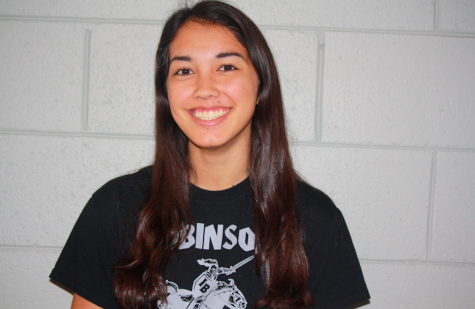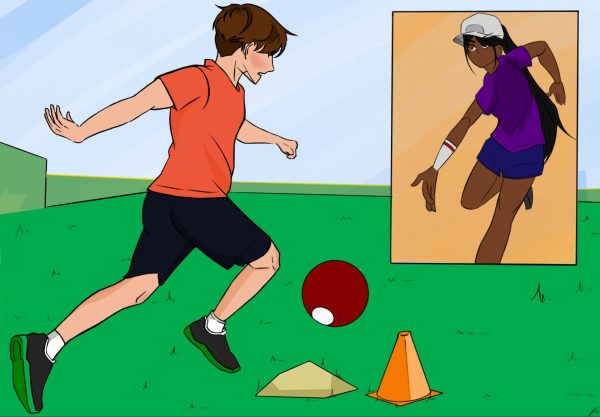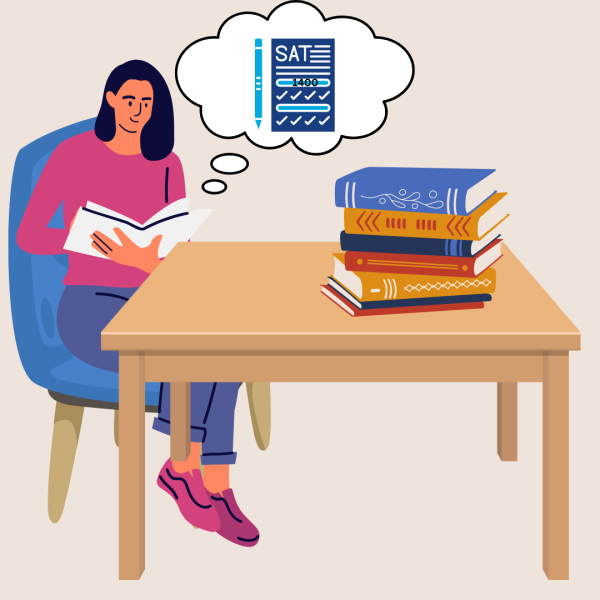Why Over-Emphasizing the SAT is Problematic
March 3, 2016
The class of 2017 has become the guinea pigs of the educational system. With the new school calendar that affects our senior year, the new SAT and new FSA testing, we have continuously been put on the spot for new standards.
And, although many may be concerned about being the first to try something as serious as the SAT, there is more to consider about the nature of the test itself.
Yesterday, Robinson juniors took the first administration of this new SAT. For weeks prior, students have been frantically attending tutoring sessions, doing practice tests and trying to learn as much grammar as possible.
The test carries an enormous weight that high school students carry with all their might. But is the SAT really as big as it seems?
Unfortunately, we live in a time period where the SAT is unavoidable. For one, the school dedicates a day for us to take it. And secondly, there is a very high likelihood that your dream school requires you to send in your SAT scores.
However, with the amount of years we spend in school and with the variation of classes that we take, the SAT is hardly an accurate representation of our knowledge.
The SAT only covers three basic subjects: reading, writing and math. And although these can arguably be the most important subjects, are we saying that our science classes shouldn’t be valued as much as our writing classes? This can’t be true if we’re planning on pursuing a science career in our futures.
Also, the content in each of these sections cannot possibly cover everything we learn. Students may get lucky or unlucky with the information that their SAT happens to cover.
Additionally, it is unfair to judge students based off of SAT scores if they are simply bad test takers. There are many students out there who either work terribly under pressure or perform badly under a strict time limit. There is also the possibility that they could’ve had a bad start to day of the test.
It is also ridiculous that so much time and money is spent on studying and preparing for the SAT. The test is supposed to cover information that students already know and have already been taught. And yet we all still study for topics that we are basically being forced to learn. For example, the SAT math sections go up to the topic of trigonometry, and yet, a good chunk of students taking the test have not learned trig.
Luckily, many colleges are beginning to rely less on standardized test scores and place a bigger focus on the rest of your application. Grades, overall school participation and teacher recommendations are certainly more accurate representations of a student than a single test.
Yes, it is hard to find different ways to judge students’ knowledge and capabilities. And of course there needs to be some kind of standard baseline in order to equally evaluate them.
But using an exam that only skims the surface of what students are capable of is not adequate. There has to be a better way.




















